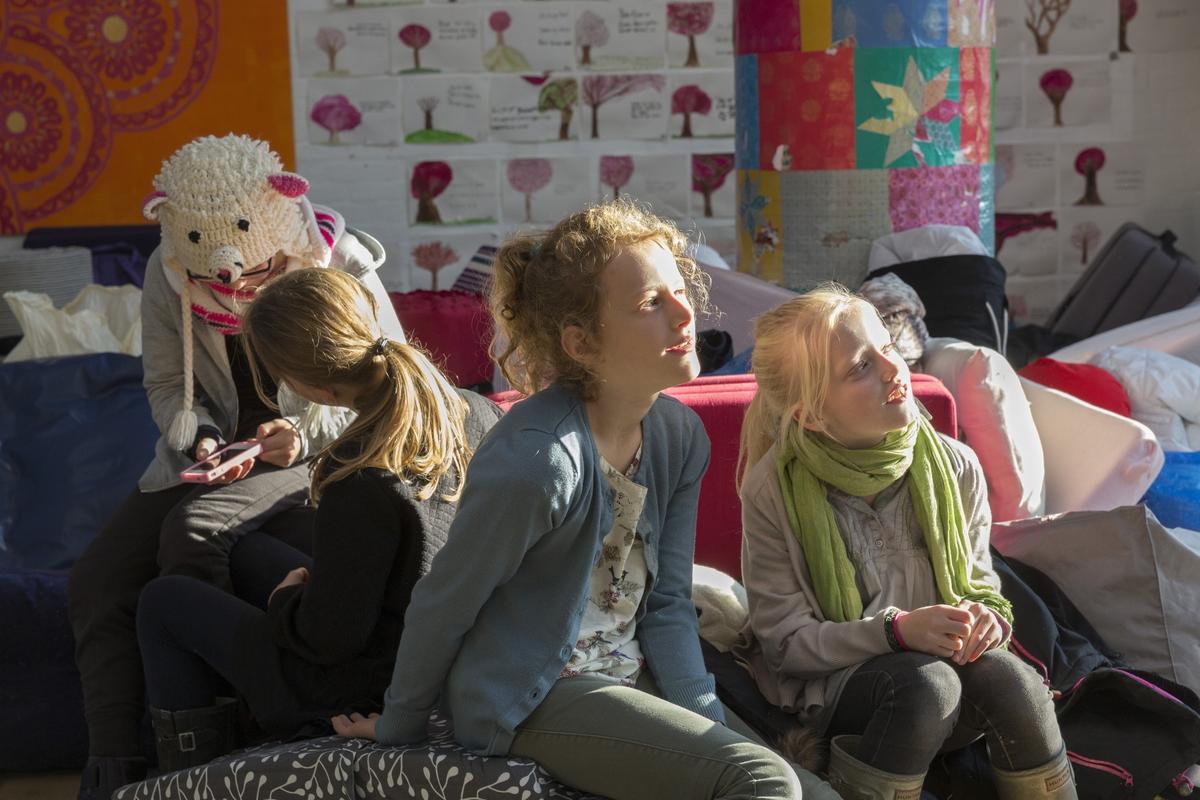Daylight Boosts Academic Performance

An extended analysis, based on a Europe-wide survey investigating the impact of school environments on children, has found that the quality of daylight conditions in classrooms have a significant effect on the pupils’ academic performance. Following these results, the VELUX Group believes that better daylight conditions should be considered alongside energy efficiency by public authorities.
The research, carried out in France by UPMC / INSERM (Epidemiology of Allergic and Respiratory Disease (EPAR) Department, IPLESP), found that the ratio of the window area to floor area of a classroom, a measure of how ‘big’ the windows are for a given room size, had a significant impact on the test results of the pupils. Scientists concluded that pupils working in classrooms with larger windows could perform up to 15% better in both mathematical and logic tests, possibly due to an abundant supply of daylight and feeling less ‘closed in.’
Furthermore, the researchers found that pupils in classrooms with a higher percentage of windows facing south and adequate window shading scored higher in the test results, suggesting that it is important to invest in systems to control daylight and glare, when needed.
The study included 2,837 children (9-12 years old) in 148 classrooms from 54 schools across Europe. All of the children took the same mathematical and logic tests at the beginning of the school day.
In practice – Endrup School
Inaddition to these results, the VELUX Group has also released updated research on its renovation project at the Endrup School, in Fredensborg, eastern Denmark. By installing roof windows in each of the preschool classrooms, the rooms now achieve 3.7% - 5.7% average Daylight Factor, the most commonly used performance indicator to evaluate daylight availability in buildings, compared to the average results before renovation of 0.8% – 1.1%. Furthermore, from January to June 2015, the two renovated preschool classrooms reduced their probability to switch on the electrical lighting by 55%, becoming more energy efficient as a result.
To read more, the UPMC/INSERM (EPAR IPLESP) study, ‘Impact of Lighting on School Performance in European Classrooms’ is now available.
About the European survey
The importance of daylight in schools for academic performance results are from an ancillary project of the SINPHONIE project, the Schools Indoor Pollution and Health: Observatory Network in Europe, a complex research project covering the areas of health, environment, transport and climate change and is aimed at improving air quality in schools and kindergartens. The project is implemented under a European Commission service contract of the DG Sanco. 36 environment and health institutions from 25 countries are participating in the SINPHONIE research project in order to implement Regional Priority Goal III (RPG3) of the Children’s Environment and Health Action Plan for Europe (CEHAPE), which is to prevent and reduce respiratory disease due to outdoor and indoor air pollution.
News published on VELUX
Consult the source



